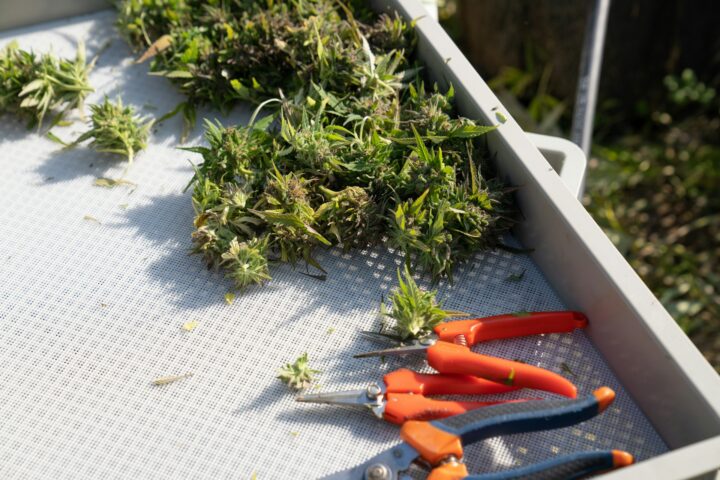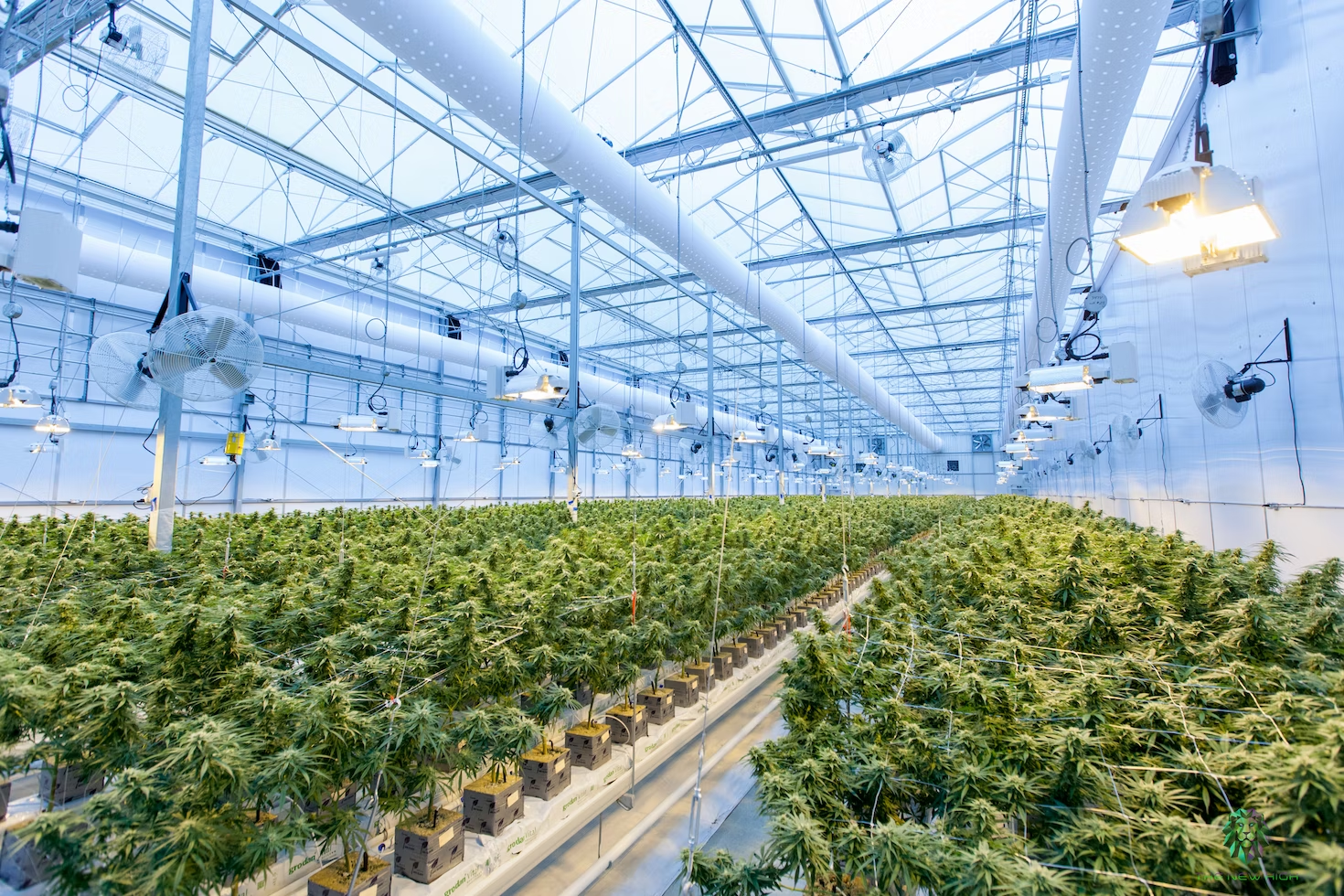Do you know how big the cannabis industry is? The answer may surprise you. What used to be a gray market associated with gangs and the War on Drugs is now a multi-billion dollar empire with a global reach.
State-wide legislation and advancements like autoflowering weed seeds are changing the marijuana game. There’s now expansion and acceptance many couldn’t imagine only 10 or 20 years ago.
More breeders, companies, and investors are entering the picture to fuel this cycle. With the expansion come many open-ended questions and potential pitfalls.
Here are the six major cannabis industry challenges in 2022.
Lingering Stereotypes
Misconceptions about marijuana and the cannabis industry don’t go hand in hand. Assumptions paint the plant in a bad light, which echoes in the current social climate.
There’s pushback, though.
There always seems to be news of celebrities smoking weed and public figures vocal about the cause. At the same time, new strains are coming out to combat the idea of a lazy ‘stoner’ who sits at home and channels their inner Dale Denton.
In a nutshell—ideas around marijuana consumption are changing. It’s only that this movement is slower than the market might prefer.
Marketing used to reflect this cannabis industry challenge. Many companies avoided imagery related to weed from the 1980s. Terms like ganja, munchies, or even high became no-nos.
We saw a clean image of the industry get too squeaky to remain authentic, leading to another shift. Many established companies are now returning to their roots, embracing the 420 cultural narratives.
This is partly why you also see more and more dispensaries opening up in Canada. Since cannabis is legal to use in the country, you can buy weed online without feeling like you will get in trouble – because you won’t!
Availability and Demand
The COVID-19 pandemic has simultaneously been a cannabis industry challenge and its boon. The medicinal sub-field made strides, especially for mental health uses.
Reports show a rising use of medicinal cannabis over the past two years. The main reasons cited are stress and anxiety disorders. As the pandemic is causing an economic crisis—and more life uncertainty—states with medical laws might see another increase in sales.
Recreational cannabis saw a slight drop over the same period. Although the weed industry is growing, there’s been a decline in the perceived availability of cannabis.
This trend could assist companies looking to market themselves to new audiences. Potential buyers who acquire products from less official sources may turn to mainstream dispensaries.
Medicinal Research
Analysts can’t disregard the medicinal field when considering how big the cannabis industry is. Therapeutic applications of marijuana are a turning point for its public image, but it’s slow going.
Care facilities are turning in favor of marijuana by the thousands. However, broad advocacy doesn’t mean universal support.
An enormous part of the general public is still against weed therapy. Hospitals currently cannot receive federal funding if they promote cannabis. Researchers are responding with new widespread studies.
There are more viable test subjects than ever before, and the public calls for a consensus. Can weed be medicine, and when should it be prescribed?
Usage is shifting from anecdotes to novel and confirmed directions. Businesses in the niche have to tread with care to avoid legal trouble over false claims.
A related cannabis industry challenge concerns personal use. If marijuana is classified as a medicine, will it be available as a recreational drug? The answer is unclear.
Fast-Changing Legality
Legality is a long-standing cannabis industry challenge, taking a new form in recent years. Law changes have been staggering, but they’re messy at best.
Businesses struggle to keep up with decriminalization, medicinal purposes, and limited recreational use. They face endless bureaucracy only to stay on the right side of the law.
While this legal limbo lasts, many hesitate to enter the market. Existing businesses face significant barriers to reaching commercial success. As a result, analysts predict another wave of companies once the law becomes steady.
Financial Networks
The weed industry is growing, which means it’s getting more profitable. However, expansion leaves many companies in a state of banking uncertainty. They have few financial opportunities and even fewer set rules on what’s allowed and available.
Since marijuana is illegal under federal law, cannabis companies can’t work with federal banks. They’re limited to state-based or even private institutions for capital investment.
This financial cannabis industry challenge could expand in 2022 since Federal Reserve interest rates are rising. A trickle-down effect may mount the interest charged by smaller banks.
What happens to businesses in this case?
Smaller operations face a higher barrier to entry. Larger companies have to either get money from elsewhere, raise prices, or go out of business.
What’s the response?
Foreign investment has been a solution in states with existing legislation. However, the US isn’t likely to allow outside profits for much too long. A Senate battle is likely.
Increased Competition
Both medicinal and recreational weed industries are growing. Their customer base overlaps with other American industries—pharmaceuticals, alcohol, and tobacco.
Studies show that cannabis smokers consume less alcohol and cigarettes. Many also report using marijuana to replace traditional medicine. And their competitors aren’t happy.
These fields could pose a cannabis industry challenge. Adversarial marketing or even lobbying against weed laws may follow.
Looking at how big the cannabis industry is already getting, cooperation stands as an alternative route. Experts predict the recreational product sector might partner with cannabis businesses instead of framing the choice as either-or.
Just Growing Pains?
These six cannabis industry challenges are no small feats. They’re nothing strange or unique, either.
In reality, these tests resemble the growing pains of all major commercial industries. Marijuana is simply finding a spot in the national and global markets.
There’s one simple conclusion to draw from this analysis. Cannabis is profitable, and profitability near-guarantees prosperity.
Predictions include greater expansion, regulation, and variety. We no longer wonder whether the weed industry is growing, only how and at what rate.
There’s no time like the present for business owners to hop on the bandwagon. Even if you’re a mere observer, it’s high time to buy seeds, grow cannabis, and take advantage of the boom.

Douglas Kester
Douglas Kester, a cannabis growing expert at I49 Seed Bank. He has been working in the weed industry for more than 10 years. During that period, he built up a vast experience and depth of expertise in this field. Douglas has a detailed understanding of every aspect of marijuana, from its cultivation and species to the effects it brings. He’s also up to date on all the cannabis-related legislation nuances.
















